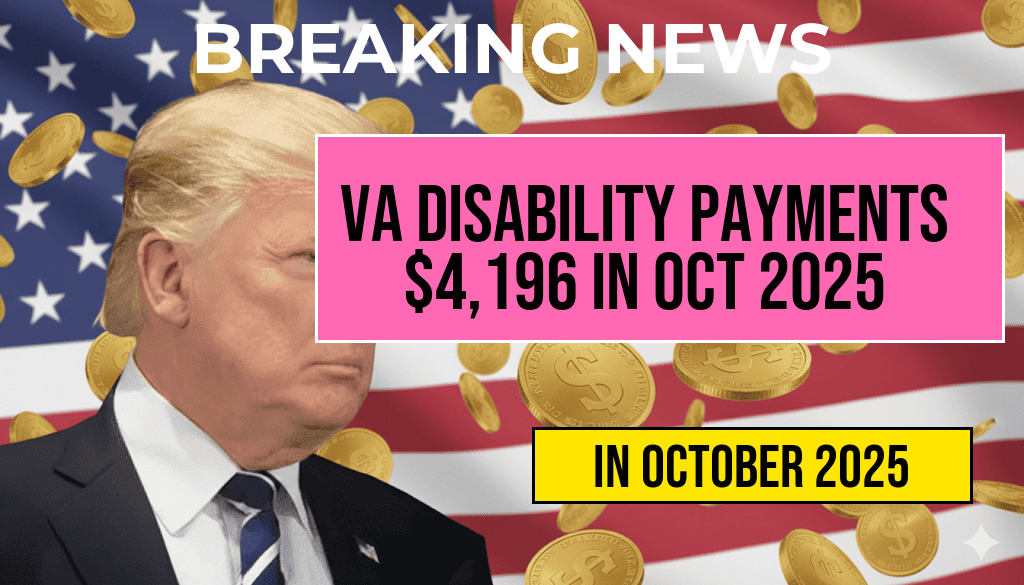The U.S. Department of Motor Vehicles (DMV) announced significant updates to licensing regulations affecting drivers aged 70 and older, set to take effect in October 2025. These new rules aim to enhance road safety by implementing more rigorous testing and periodic health assessments for senior drivers. Starting next fall, individuals over 70 will face mandatory vision and cognitive evaluations, as well as updated driving examinations, designed to identify potential impairments that could compromise safe driving. The changes reflect growing concerns over the aging population’s ability to operate vehicles safely, while also balancing the need for independence among seniors. Officials emphasize that these measures are not intended to restrict mobility but to ensure that all drivers maintain the necessary skills and health standards. The updates have sparked mixed reactions, with advocacy groups supporting increased safety protocols and some seniors voicing concerns about potential burdens and privacy issues.
Key Elements of the New Regulations
Mandatory Vision and Cognitive Testing
- All drivers aged 70 and older will be required to undergo vision screenings every eight years, a significant increase from previous 12-year intervals.
- Cognitive assessments, including short memory and decision-making tests, will be introduced every four years for seniors renewing their licenses.
- Tests will be administered at DMV offices or approved healthcare facilities, with results used to determine continued driving eligibility.
Updated Driving Examinations
- Senior drivers will participate in practical driving tests tailored to address age-related challenges, such as reaction times and mobility issues.
- Tests will evaluate critical skills like lane changes, parking, and reaction to traffic signals.
- In cases where deficiencies are identified, drivers may be required to complete specialized refresher courses or medical evaluations.
Periodic Health and Medical Reporting
| Age Group | Reporting Frequency | Type of Medical Evaluation |
|---|---|---|
| 70–74 | Every 8 years | Vision and general health assessment |
| 75–79 | Every 4 years | Vision, cognitive, and motor skills evaluation |
| 80 and older | Every 2 years | Comprehensive medical report including neurological and cardiovascular health |
Implementation and Impact
The new regulations are designed to be phased in over the next two years, with states receiving federal guidance to streamline the process. DMV officials anticipate that these measures will lead to a more accurate assessment of senior drivers’ capabilities, potentially reducing age-related accidents. According to the National Highway Traffic Safety Administration (NHTSA), drivers over 70 are involved in a disproportionate number of accidents relative to their population share, underscoring the need for targeted safety measures.
Some advocacy organizations, such as the American Association of Retired Persons (AARP), support these initiatives, arguing that they help maintain mobility while safeguarding public safety. However, critics warn that increased testing and reporting could lead to unnecessary restrictions, particularly for seniors with manageable health conditions. They also raise concerns about privacy and the potential burden of frequent evaluations.
Responses from the Senior Community and Experts
Senior Drivers’ Perspectives
Many seniors acknowledge the importance of safety but express reservations about the new regulations. “I’ve been driving for over 50 years without issues,” said Margaret Collins, 72, from Ohio. “I worry these tests might be intrusive or unfair, especially if they don’t account for individual health differences.” Others see the measures as an opportunity to reassess their driving skills and health status periodically.
Expert Opinions
Transportation safety researchers highlight that age-related declines in vision, cognition, and motor skills can vary widely among individuals. Dr. Samuel Lee, a neurologist specializing in aging, notes, “Regular assessments are vital, but they should be personalized and consider a person’s overall health, rather than age alone.” Experts recommend that assessments be complemented by medical advice and alternative transportation options for those who need them.
Looking Ahead
The upcoming regulations mark a shift toward more proactive management of senior driver safety. State agencies are expected to develop tailored programs to assist older drivers in maintaining mobility, possibly including refresher courses, transportation alternatives, and educational resources. As the October 2025 deadline approaches, both policymakers and community groups are engaged in outreach to ensure smooth implementation and address concerns from affected populations.
For further details on licensing regulations and safety tips for senior drivers, visit the Federal Highway Administration or consult your local DMV website.
Frequently Asked Questions
What are the main changes to U.S. driving license regulations for seniors over 70?
The new regulations, taking effect in October 2025, require drivers over 70 to undergo additional vision tests, medical evaluations, and renewal procedures to ensure they remain safe on the road.
How will the license renewal process differ for seniors under the new regulations?
Seniors will need to visit licensing centers in person more frequently, complete vision and health assessments, and may be required to submit medical documentation demonstrating their fitness to drive.
Are there any exemptions or special provisions for seniors with certain medical conditions?
Yes, seniors with specific medical conditions can apply for medical exemptions or restricted licenses, allowing them to drive under certain limitations after submitting medical evaluations.
What resources are available to help seniors understand these new driving regulations?
State Departments of Motor Vehicles (DMVs), senior driver safety programs, and online resources can provide guidance, application assistance, and information about maintaining driving privileges under the new rules.
Will these new regulations impact the driving privileges of all seniors immediately in October 2025?
While the regulations officially take effect in October 2025, gradual implementation will occur, and seniors are encouraged to familiarize themselves with the upcoming requirements beforehand to ensure a smooth transition.










